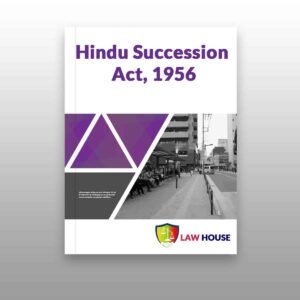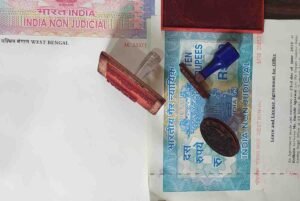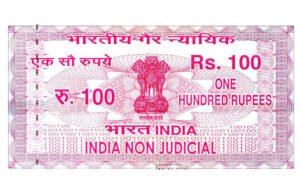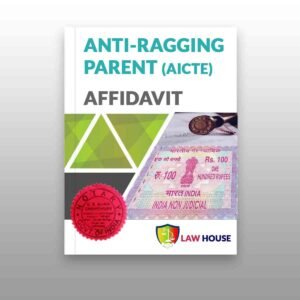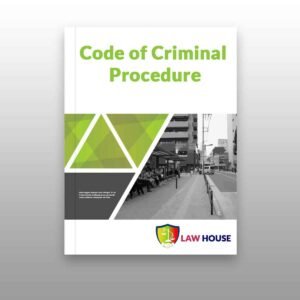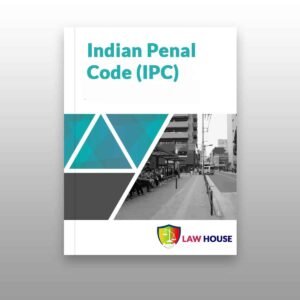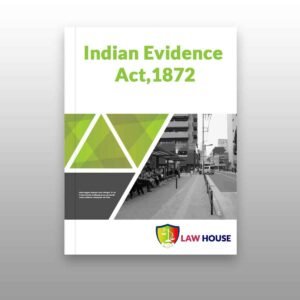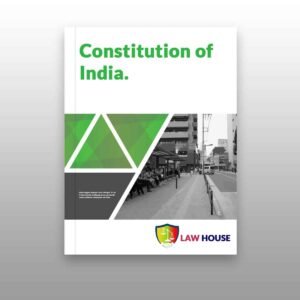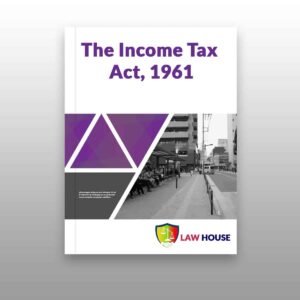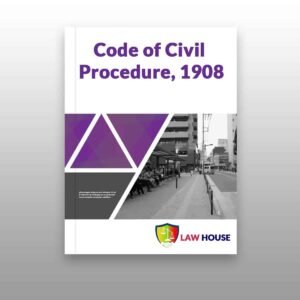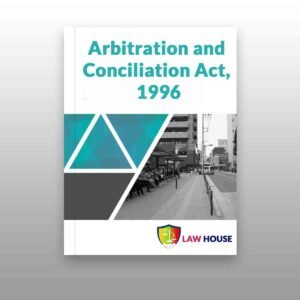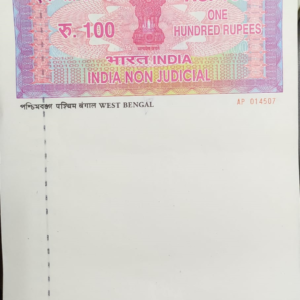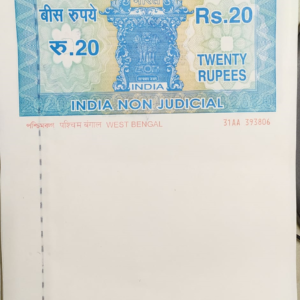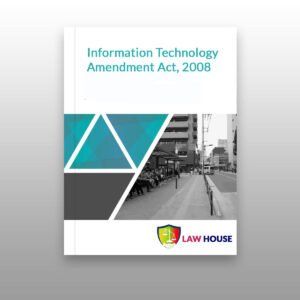What is a Hindu Undivided Family (HUF)?
This article will guide about the provisions of Hindu Undivided Family matters along with the rights of married daughter. Hindu Undivided Family (HUF) also known as a Joint Hindu Family under the Hindu Law is a family, comprising of all persons lineally descended from a common ancestor and living under a common roof and joint in estate, food and worship. There are two schools of law governing HUF in India: Mitakshara and Dayabhaga, with West Bengal being the only state that follows Dayabhaga School of law.
Can a married daughter be a part of Hindu Undivided Family?
Yes, a married daughter is considered a part of HUF. Prior to 2005 amendment in the Hindu Succession Act, 1956, the daughter, on her marriage, ceases to be a member of her father’s HUF and becomes a member of her husband’s HUF. However, after the amendment the daughter married or unmarried, is now considered as co-parcener like a son.
However, in her matrimonial house, she is treated as a member and not as a co-parcener of her Husband’s HUF. Thus in event of partition of her Husband’s HUF, she has one share in such property.
What is the right of married women in a HUF property?
The 2005 Amendment Act conferred rights on female members to become co-parceners. This means that women now have equal rights in the family property. However, the amendment is governed by the Mithakshara law of inheritance and not applicable to the Dayabhaga law of inheritance.
Women are now entitled to demand the partition of a HUF to get their share of the property. The partition can be in full or partial. If the daughter is married at the time of partition, the assets so received will be treated as her own personal assets.
Can a married female member demand partition of her father’s HUF as well as her husband’s HUF?
After 2005 Amendment in the Hindu Succession Act, 1956, A daughter continues to be a coparcener of her father’s family, having all the rights and privileges as of a coparcener, she can demand partition of her father’s HUF property.
However, as far as her husband’s HUF is concerned, she is a mere member of the family and not a coparcener and as such cannot demand partition of her husband’s HUF property. But would be entitled to a share in case of partition between her husband & her sons or between her sons.
What is the status of the married daughter prior to the 2005 amendment?
The amendment would equally apply to a daughter born before 1-9-05 and she becomes co-parcener not from the date of her birth but only from 1-9-05.
Read More:











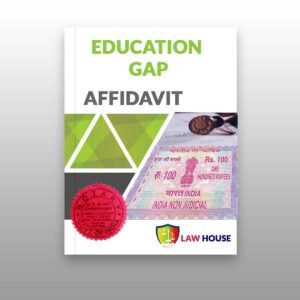




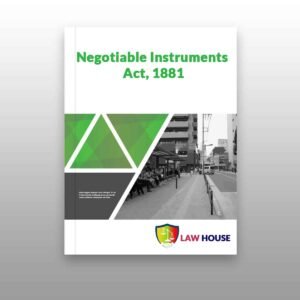

![Honey trap in Cybercrime: A to Z guide Exploring Honey Trap in Cyberspace [With Video]](https://www.lawhousekolkata.com/wp-content/uploads/Post-Images/Honey-Trap-300x169.jpg)




